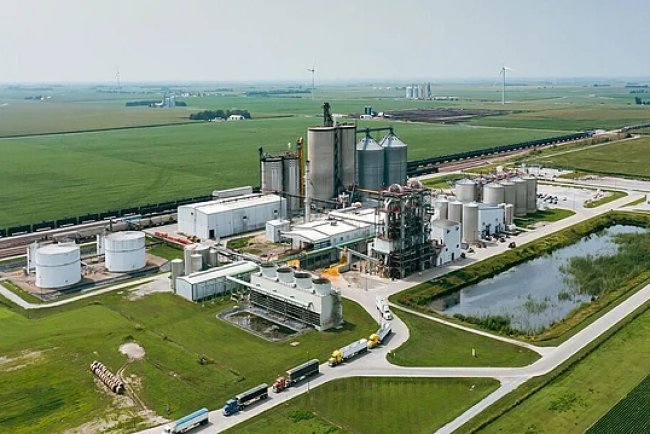Cities Face $86B Funding Gap For Climate Projects
Cities need $86B for climate projects in 2024, highlighting a critical funding gap for urban climate action.

Cities worldwide are facing a significant funding gap in their efforts to combat climate change, with $86 billion needed for climate projects in 2024 alone. This marks a 23% increase in investment needs compared to the previous year. According to new data from CDP, in collaboration with the Global Covenant of Mayors for Climate & Energy (GCoM), 2,508 climate-related projects have been reported across 611 cities in 75 countries. However, nearly 48% of these projects remain in early stages, underscoring the urgent need for both technical and financial support.
Priority sectors for investment include water management, transport, buildings & energy efficiency, and nature-based solutions. The demand for funding is particularly high in water management, with 272 projects requiring $28 billion, followed by transport (397 projects, $19 billion) and buildings & energy efficiency (508 projects, $12 billion). The United States leads in the number of projects, with 484, followed by the United Kingdom (333), Brazil (204), and Portugal (181).
While urban climate finance has seen significant growth, more than doubling between 2017 and 2022, it still falls far short of the estimated $4.5 trillion needed annually through 2030 to address climate mitigation and adaptation in cities. Katie Walsh, Head of Climate Finance for Cities, States, & Regions at CDP, emphasized the growing scale of urban climate action, stating that without urgent and substantial investment, cities’ efforts will be hindered.
To address this gap, CDP and its partners are advocating for increased public investment, aiming to mobilize $800 billion annually to meet the climate finance needs of cities. Additionally, they stress the importance of engaging the private sector and aligning Nationally Determined Contributions (NDCs) with local climate needs to ensure effective urban financing. More than 75% of the reported projects come from countries involved in the Coalition for High Ambition Multilevel Partnerships (CHAMP), highlighting the importance of transparent data in unlocking investments.
Katie Walsh concluded, “It’s time to scale up climate finance, foster stronger cross-sector collaboration, and make Earth-positive decisions that will build resilient cities and ensure a sustainable future for all.” The path forward requires substantial financial backing to turn ambitious climate strategies into tangible, resilient solutions for urban areas.
What's Your Reaction?

















